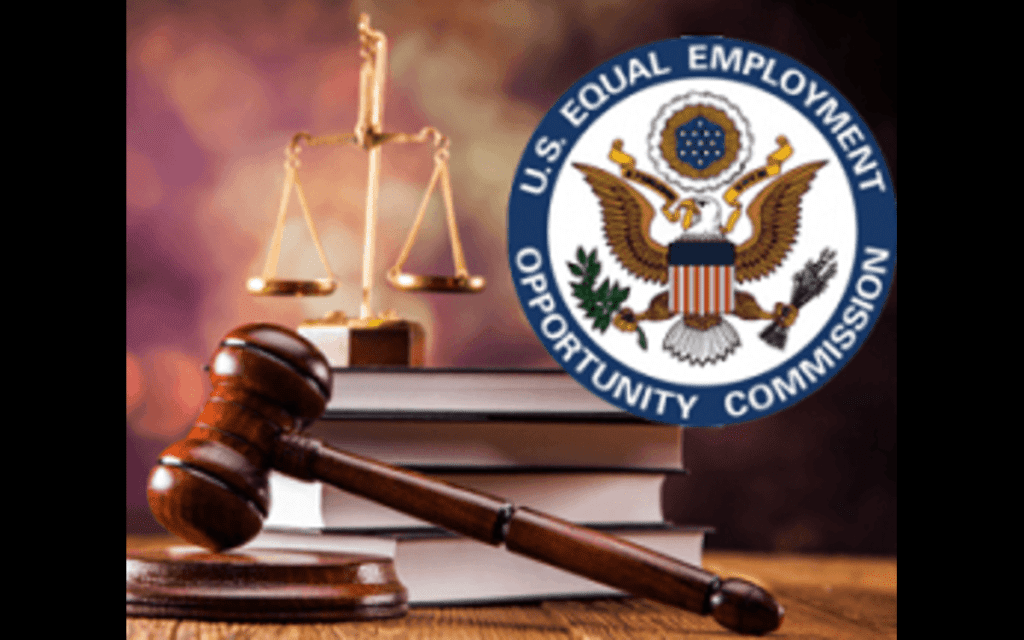EEOC Announces: A Comprehensive Guide to Understanding and Navigating Employment Discrimination Laws

Introduction:
In a move that impacts the landscape of workplace equality and fairness, the Equal Employment Opportunity Commission (EEOC) recently made significant announcements regarding employment discrimination laws. These announcements carry substantial implications for both employers and employees across various industries. Understanding these changes is crucial for ensuring compliance and fostering a workplace environment free from discrimination. This article serves as a comprehensive guide to shed light on the latest developments and answer common questions related to the EEOC’s announcements.

What is the EEOC Announces?
The EEOC Announces is a federal agency responsible for enforcing laws that prohibit employment discrimination based on race, color, religion, sex (including pregnancy, gender identity, and sexual orientation), national origin, age (40 or older), disability, or genetic information. Its mission is to promote equality of opportunity in the workplace and eradicate discriminatory practices.
Key Announcements by the EEOC Announces:
- Expanded Definition of Sex Discrimination: The EEOC Announces has broadened its interpretation of sex discrimination to include protections for LGBTQ+ individuals. This landmark decision affirms that discrimination based on sexual orientation or gender identity constitutes sex discrimination under Title VII of the Civil Rights Act of 1964.
- Increased Focus on Pay Equity: The EEOC Announces has intensified its efforts to address pay disparities based on gender, race, and other protected characteristics. Employers are urged to conduct thorough pay equity analyses to identify and rectify any unjust wage gaps within their organizations.
- Enhanced Enforcement Against Retaliation: The EEOC is taking a firm stance against retaliation targeting employees who report discrimination or participate in related investigations. Employers must refrain from retaliatory actions, such as termination or demotion, against individuals exercising their rights under anti-discrimination laws.
- Heightened Scrutiny of Harassment Claims: The EEOC emphasizes the importance of preventing and addressing workplace harassment, including sexual harassment. Employers are encouraged to implement comprehensive anti-harassment policies, provide regular training, and promptly investigate and address any allegations of misconduct.
FAQs:
Q1: How do the EEOC’s announcements impact small businesses? A1: Small businesses are subject to the same anti-discrimination laws enforced by the EEOC. It’s essential for small business owners to familiarize themselves with these laws, implement appropriate policies and procedures, and prioritize a culture of equality and respect in the workplace.
Q2: What steps can employers take to ensure compliance with the EEOC’s guidelines? A2: Employers should conduct regular reviews of their policies and practices to ensure alignment with EEOC regulations. This includes updating employee handbooks, providing comprehensive training on anti-discrimination policies, and promptly addressing any complaints or concerns raised by employees.
Q3: What recourse do employees have if they experience discrimination in the workplace? A3: Employees who believe they have been subjected to discrimination can file a charge with the EEOC Announces. The EEOC will investigate the charge and may take legal action against the employer if it finds evidence of unlawful discrimination. Additionally, employees have the right to seek legal counsel and pursue civil remedies through the court system.
Conclusion:
The recent announcements by the EEOC Announces underscore the ongoing efforts to combat discrimination and promote equality in the workplace. Employers must stay informed about these developments, prioritize compliance with anti-discrimination laws, and foster inclusive work environments where all employees are treated with dignity and respect. By adhering to the EEOC’s guidelines and addressing issues of discrimination proactively, organizations can contribute to a fairer and more equitable society.







